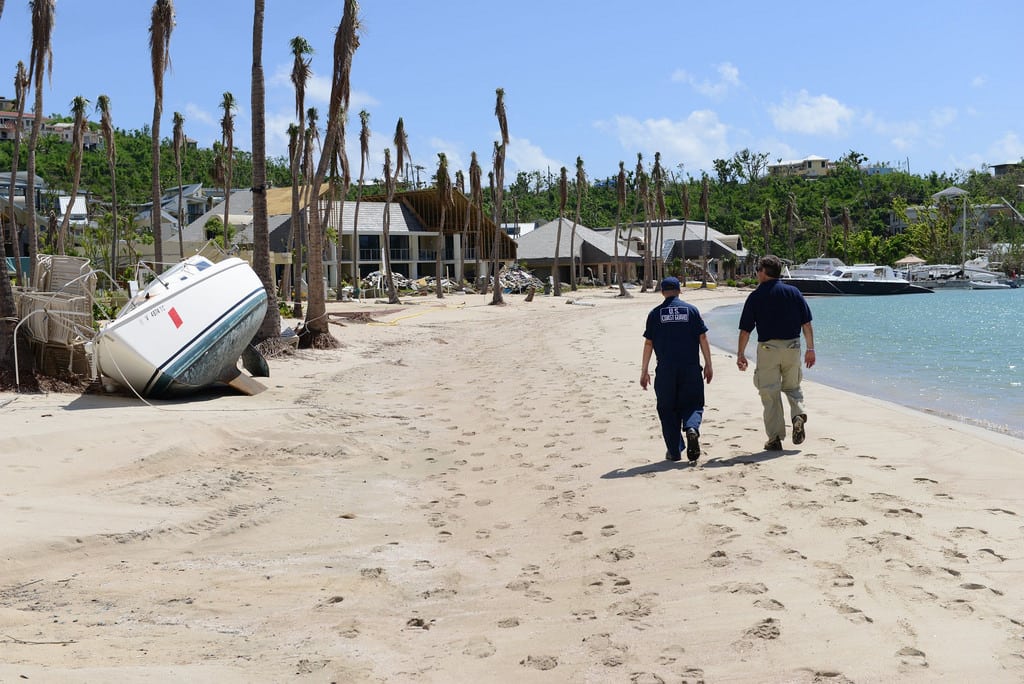Caribbean's New Marketing Campaign Is Launching Ahead of 2018 Hurricane Season

Skift Take
The Caribbean is rolling out its first regional marketing campaign in more than a decade, just in time for the next hurricane season that starts in June and while many destinations are still recovering. It's a cycle that's probably going to get a lot more normal for the region.
Hurricanes Irma, Maria, and Jose may have struck parts of the Caribbean last year causing widespread devastation, but a new tourism campaign expected to launch by July has a strong message: the Caribbean won't be washed away.
The campaign will focus on which islands, hotels, resorts, and attractions are operational, communicate timelines for re-openings and renovations, and spread general awareness of the Caribbean.
To brace against impact from future acts from Mother Nature, the region's tourism officials are also launching a long-term tourism marketing fund for when destructive storms hit.
The Caribbean Hotel & Tourism Association, which is organizing the fund with the Caribbean Tourism Organization, estimates that about 65 percent of hotels and resorts on the British Virgin Islands are open as of the end of April and more than 90 percent of Puerto Rico properties are open.
Other battered islands such as Anguilla (65 percent open), Dominica (50 percent), St. Maarten (40 percent), and the U.S. Virgin Islands (40 percent) are working to rebound.
Countries such as the Bahamas, Grenada, St. Lucia, Cayman Islands, Martinique, and Trinidad and Tobago have contribu
